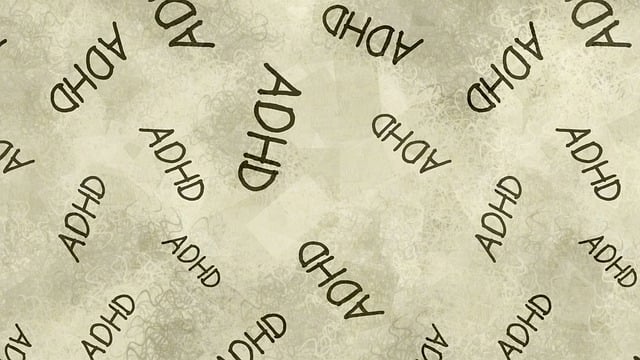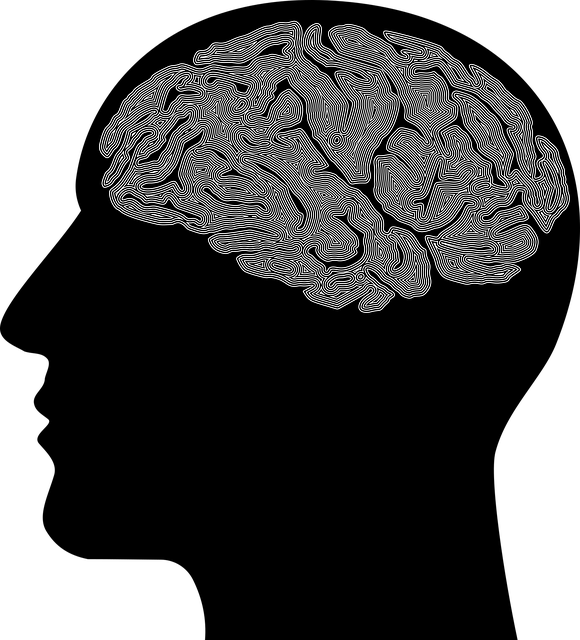Longmont Chronic Illness Therapy offers mental wellness groups facilitated by trained professionals who create a safe space through empathy, open communication, and boundary setting. These techniques enhance group dynamics, encourage active participation, and prevent burnout among facilitators. By integrating conflict resolution, mindfulness meditation, and inclusive practices, the therapy center promotes healing, fosters community, and improves mental well-being for all participants, making it a transformative resource in Longmont.
In the realm of mental wellness support, group facilitation plays a pivotal role in helping individuals managing chronic illnesses. This article explores effective techniques tailored for Longmont Chronic Illness Therapy, focusing on fostering supportive environments and creating transformative experiences. We delve into strategies that enhance engagement and inclusion, ensuring every participant feels valued. By understanding the dynamics of mental wellness groups, facilitators can empower individuals to navigate challenges collectively, ultimately improving their overall well-being.
- Understanding Mental Wellness Groups: Fostering a Supportive Environment
- Effective Group Facilitation Techniques for Chronic Illness Therapy in Longmont
- Creating a Transformative Experience: Engagement and Inclusion Strategies
Understanding Mental Wellness Groups: Fostering a Supportive Environment

Mental wellness groups provide a unique and powerful space where individuals with shared experiences can come together to support one another. These groups foster a sense of community and belonging, which is essential for mental health recovery. As a facilitator, creating a safe and supportive environment is paramount. This involves establishing clear boundaries, encouraging active participation, and promoting open communication. By fostering a non-judgmental atmosphere, facilitators enable members to explore their thoughts and emotions freely, enhancing the therapeutic benefits of group dynamics.
In Longmont Chronic Illness Therapy, understanding the diverse needs of group members is key. Incorporating burnout prevention strategies for healthcare providers can help ensure the facilitator remains present and engaged, allowing them to effectively guide discussions on topics like conflict resolution techniques and mindfulness meditation. These practices not only benefit the facilitators but also contribute to a more harmonious group dynamic, further strengthening the support system for all participants.
Effective Group Facilitation Techniques for Chronic Illness Therapy in Longmont

In the realm of Longmont Chronic Illness Therapy, effective group facilitation techniques play a pivotal role in fostering supportive environments and enhancing patient well-being. Skilled facilitators employ strategies like empathy building to create a sense of belonging among participants, acknowledging their unique challenges and experiences. This not only improves mental wellness but also encourages open communication, a key aspect of successful therapy sessions.
Additionally, facilitators integrate conflict resolution techniques to address potential disagreements or misunderstandings within the group. By teaching constructive ways to navigate conflicts, these methods promote a harmonious atmosphere where individuals can share their struggles and offer mutual support. Such approaches are instrumental in preventing depression and fostering resilience among participants, ultimately enriching the overall Longmont Chronic Illness Therapy experience.
Creating a Transformative Experience: Engagement and Inclusion Strategies

In facilitating mental wellness groups, creating a transformative experience is paramount. It involves crafting an environment that encourages active engagement and fosters inclusivity among participants. Longmont Chronic Illness Therapy emphasizes the use of empathy-building strategies to create a safe space where individuals feel understood and valued. By promoting open dialogue, group members can share their experiences, learn from one another, and build resilience. This holistic approach not only enhances mental health awareness but also strengthens the community outreach program implementation, making it a powerful tool for long-term healing and support.
Inclusion strategies play a crucial role in ensuring that every member of the group feels welcomed and empowered to participate. Facilitators can achieve this by incorporating diverse activities, recognizing cultural differences, and adapting communication styles to meet the needs of all participants. Mental wellness groups should be accessible and adaptable, addressing the unique challenges faced by individuals with various backgrounds and health conditions. Through these inclusive practices, Longmont Chronic Illness Therapy aims to create a supportive network that transcends barriers, promoting mental well-being for all.
Mental wellness group facilitation plays a pivotal role in supporting individuals with chronic illnesses in Longmont. By creating a safe, engaging, and inclusive environment as discussed in this article—from understanding foundational elements to employing effective techniques—facilitators can foster profound transformations. These strategies not only enhance the therapeutic experience but also empower participants to navigate their health journeys with resilience and community support, ultimately improving outcomes in Longmont chronic illness therapy.













